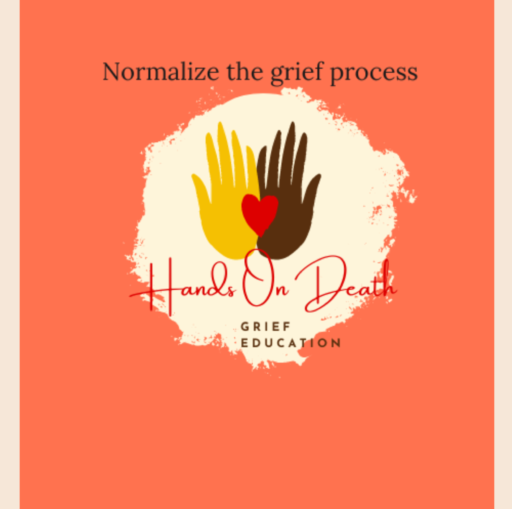Greetings!
Welcome back to Hands On Death Blog where I discuss my personal grief journey and help other people who have experienced a loss of a loved one find meaning, support, and guidance.
Losing a loved one is an immensely difficult and painful experience that can bring about various coping mechanisms, one of which is avoidance. What is avoidance you may ask? Avoidance is a natural response to grief, where individuals consciously or unconsciously attempt to evade or avoid situations, emotions, or thoughts related to their loss. It serves as a defense mechanism to protect oneself from overwhelming pain or distress.
While avoidance may provide temporary relief, it can often create a cycle of anxiety and hinders personal growth. Recognizing the signs of avoidance is crucial as it allows us to identify and address the underlying issues that drive this pattern of behavior. By becoming aware of these signs, we can take the necessary steps towards breaking free from avoidance, developing healthier coping mechanisms, and ultimately leading a happier life. Here are 5 signs to recognize that YOU may be practicing avoidance:
1. Withdrawal. When you withdraw from your family, friends, places, and activities. When it feels unsafe, it seems logical to stay at home. That’s what many people do after a loss. They avoid people and places that may trigger any grief related emotions that have not been resolved.
2. I’m Good. Telling everyone and yourself that you are good or “I’m fine.” Sometimes it’s easier to say those words because we do not want to admit we are struggling and we do not want to feel week.
3. Distractions! Distractions! Distractions! Distractions can take many forms including staying busy, retail therapy, working long hours, focusing on other people’s problems. This list goes on and on and on.
4. Procrastination. Again it’s logical to procrastinate to avoid the uncomfortable emotions that you haven’t dealt with. However, procrastination is totally different. For example going through mailed of your loved one, clothes, jewelry, etc. and then say to yourself “I will do it tomorrow.” And tomorrow comes and goes.
5. Substance Abuse. I call this the “numbing out” process. When you aren’t sober, you don’t feel the pain as intensely or you really don’t care. This becomes dangerous because the more you do it the more you will need. If you find yourself doing this please reach out for help to a trusted source.
In your grief journey, it is crucial to recognize the signs of avoidance and understand how they may display in your life. By becoming aware of the avoidance patterns and triggers, you can take proactive steps towards healing and finding healthier ways to cope with your loss. Please remember, it is normal to experience avoidance as a defense mechanism in the face of overwhelming grief, but it is important not to let it hinder your personal growth and healing process. Seek support from loved ones, join support groups, or consider reaching out to a professional counselor who can guide you through this grief journey. By acknowledging and addressing avoidance, you can embark on a life changing journey of healing, finding peace, and eventually embracing a life that honors the memory of your loved one while nurturing your own well-being.
Thank you all for stopping by. Take care of yourself.
Respectfully,
The Grief Educator
Recognizing The Signs Of Avoidance: Are YOU Practicing Avoidance In YOUR Grief Journey?

